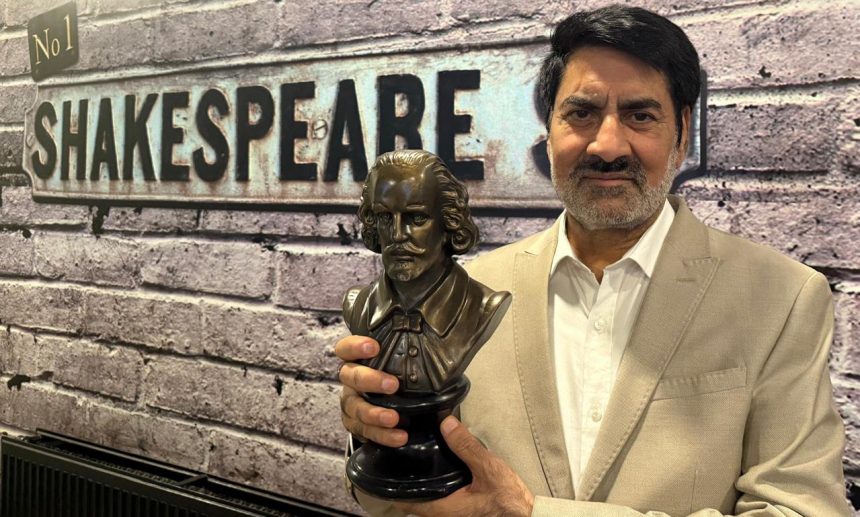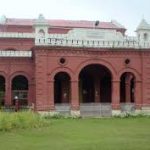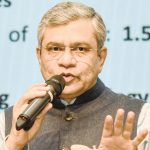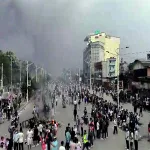Srinagar, July 29: Balwant Thakur the eminent theatre Director and playwright of India Tuesday visited the birthplace of world’s most sought-after playwright and poet Shakespeare to have an in-depth study of his eventful life and amazingly striking creative works.A statement issued here said that during his day long visit, in addition to visiting Shakespeare’s museum Balwant Thakur being a celebrated Indian theatre director also got the rare opportunity to interact with the resident actors of Shakespeare Birthplace Trust who performed select sequences from the popular plays of Shakespeare including a sequence from Romeo Juliet’. William Shakespeare is widely regarded as the most famous and influential playwright in the English language and poet. Shakespeare’s Birthplace is a 15th-century timber-framed house on Henley Street in Stratford-upon-Avon, Warwickshire, where William Shakespeare was born in 1564 and spent his childhood and the early years of his marriage. Now a museum, the house was significantly restored between 1857 and 1868 by the Shakespeare Birthplace Trust, returning its exterior to its 16th-century appearanceIt was the home where William Shakespeare was born, grew up with his family, and later lived with his wife, Anne Hathaway, for the first five years of their marriage. Balwant Thakur is currently on an extensive tour to England aimed at expanding the international theatre network of Natrang and widening his scope of creative work. His visit to Shakespeare’s Birthplace at Stratford Upon Avon had a specific motive as he has all plans to adapt ‘Romeo Juliet’ into Dogri and merge it with the popular Dogri folk tale ‘Kunju Chanchlo’. Balwant Thakur finds lots of similarities in both the legends. Both Romeo and Juliet and Kunju Chanchlo’ are fundamentally tragic love stories, both implicitly advocates for peace by showcasing the devastating consequences of hatred and conflict, particularly through the actions of characters like Romeo and Benvolio, Kunju and Chanchlo who, at times, seek to avoid or de-escalate violence. Interspersed with Dogri folk narrative music and Balwant Thakur’s theatre of images, the proposed production will be a living example of using the theatrical arts and methodologies as a tool for conflict transformation, peacebuilding, and social change, engaging participants in dialogue, reflection, and action to address social issues and foster understanding and reconciliation. The resultant work later can travel to England as well.
Balwant Thakur visits Shakespeare’s birthplace to link Dogri with global theatre

Sign Up For Daily Newsletter
Be keep up! Get the latest breaking news delivered straight to your inbox.
By signing up, you agree to our Terms of Use and acknowledge the data practices in our Privacy Policy. You may unsubscribe at any time.
Leave a Comment Leave a Comment
Stay Connected
Latest News
Recent Posts
- “Loading of 2 Parcel Vans Carrying Apples from Budgam to Delhi Begins Today”: Ashwini Vaishnaw
- Nepal Army extends curfew in Kathmandu, other districts; essential services allowed for limited hours
- One-way Traffic allowed for LMVs on Jammu -Srinagar NHW ; Mughal, SSG, Sinthan Roads Open as per advisory
- 2 apple-laden parcel van coaches to run towards Delhi, Jammu from today
- Trump ally Charlie Kirk shot at Utah University event







